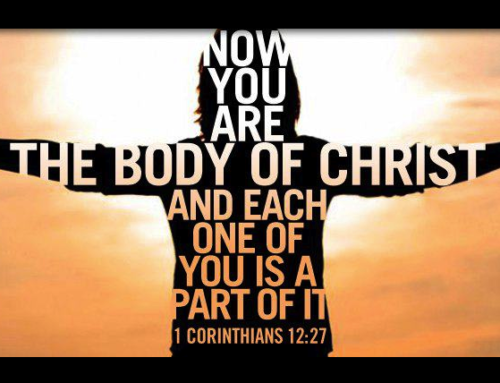so i write a weekly email called thort for the week aimed at challenging people to live out what they say they believe and for this week i really felt like John Eliastam’s comments on the Anne Rice note i wrote on Facebook really express well what a lot of Christ followers (and others) could well do with reading:
In fact for this week’s thort let me use my former boss John Eliastam’s response to my note and to someone who replied antagonistically to it because i really think this brings up a lot of important stuff for us to think about [those who know me know that i love the church – i am currently working on a book aimed at people who have ‘walked away from the church’ but still profess to love Jesus – and so just because i understand to some extent where Anne and others may be coming from, i don’t think the solution is to disown church completely, but i do ‘get’ it:
‘I’m hugely sympathetic to Rice. I had a long conversation with an atheist the other day. Most of his objections to the Christian faith were based on his observations of church history from Constantine to TBN. He asked if an impartial observer were to look at Christians, would they find any links (other than spoken words) between their lives and the message of Christ that would make them any different to anyone else. He doesn’t buy the “God sees the heart” thing… said that what’s in your heart is expressed in your priorities/values/actions towards others. I struggled to find words to explain or defend what we call “church” – particularly why there was a need to keep it going exactly the way it was, rather than seek reform and renewal that would give it a “shape” that changed the shape of our lives to be more like Jesus (my thoughts not his). In the end I managed to persuade him that he was really an agnostic rather than an atheist by showing that the arrogant, closed-mindedness of the atheist view as unappealing as his perception of Christians. Next week we’re going to explore the questions of “how we know” more deeply.
Back to Rice though: all over the world the church/institutional christianity/whatever you choose to call it is losing people because they want to follow Jesus more authentically and find “churchianity” an impediment rather than a help. I can’t judge “church”; it’s the way it is because its made up of people like me who are so susceptible to the selfish sinfulness of our hearts and the pulls of our culture. I believe that it’s God’s desire to renew and reform his people, whatever shape they currently find themselves in. My questions to anyone who reads this: are there ways that you can align your life with God’s renewing work rather than with perpetuating the status quo?’
Then later he responds to an antagonistic response to my note:
‘I agree with the “lone ranger” bit completely. We need to be part of a community that isn’t made up of people we choose to be with because we’re comfortable being around them – the miracle of God’s people is that they are old, young, black, white, in-between, rich, poor – all a visible demonstration of God’s reconciling work, especially because in the NT picture, they seem to really share each other’s lives (including possessions), not just a church service. Following Jesus isn’t a solo thing and needs to be done in costly community.
Something I’m exploring is what “church” really means. Most Christians are quite comfortable with the concept of “nominal Christians” – people who would put down “Christian” as their religion on a form…. what about the idea of “nominal churches”? Organisations that call themselves churches, but if they are analysed they bear very little resemblance to the biblical picture of following Jesus. They say all the right things, but in their everyday lives their members lives just like everyone else, with the same priorites and concerns. Jesus himself said that there would be sheep and goats, wheat and tares in the field, that many would claim to be his followers and do great things in his name – even though he says he doesn’t know them. Do we have to surrender unquestioningly to the “authority” of anything that calls itself “church”?
What we call “church” at this point is history has seen things like a clergy/laity split, a whole lot of syncretism with Roman pagan religion, the Enlightenment and the separation of secular/spiritual, a history of splitting whenever we disagree…. Today churches often look a whole lot like a clubs with some kind of loose affiliation to the teachings of Jesus… I long to be part of something deeper….
When the followers of John the Baptist come to Jesus (Matt) and ask if he is the “real deal”, or should they expect something more, Jesus points to some very tangible evidence. The world looks at the church, especially it’s claim to be all about love (I have yet to find someone outside the church who would believe this), and asks, “Are you guys the real deal? Are you really what the whole of creation has been waiting for? Is this as good as it gets?”. What do we point them to to convince them that we are? That we go to services, listen to sermons, sing songs, have a lot of correct information about Jesus in our heads, that we tithe and go to home group? Not sure it’s that convincing for them…’
Really think John is saying some good stuff here and i would say one of the keys is his line:
“He asked if an impartial observer were to look at Christians, would they find any links (other than spoken words) between their lives and the message of Christ that would make them any different to anyone else”
and then his question:
“are there ways that you can align your life with God’s renewing work rather than with perpetuating the status quo?”
Something for us all to ponder on this week perhaps…
God bless you as you live as the church God called us to be
Known by the love we have for each other
Love brett anderson






Leave a Reply